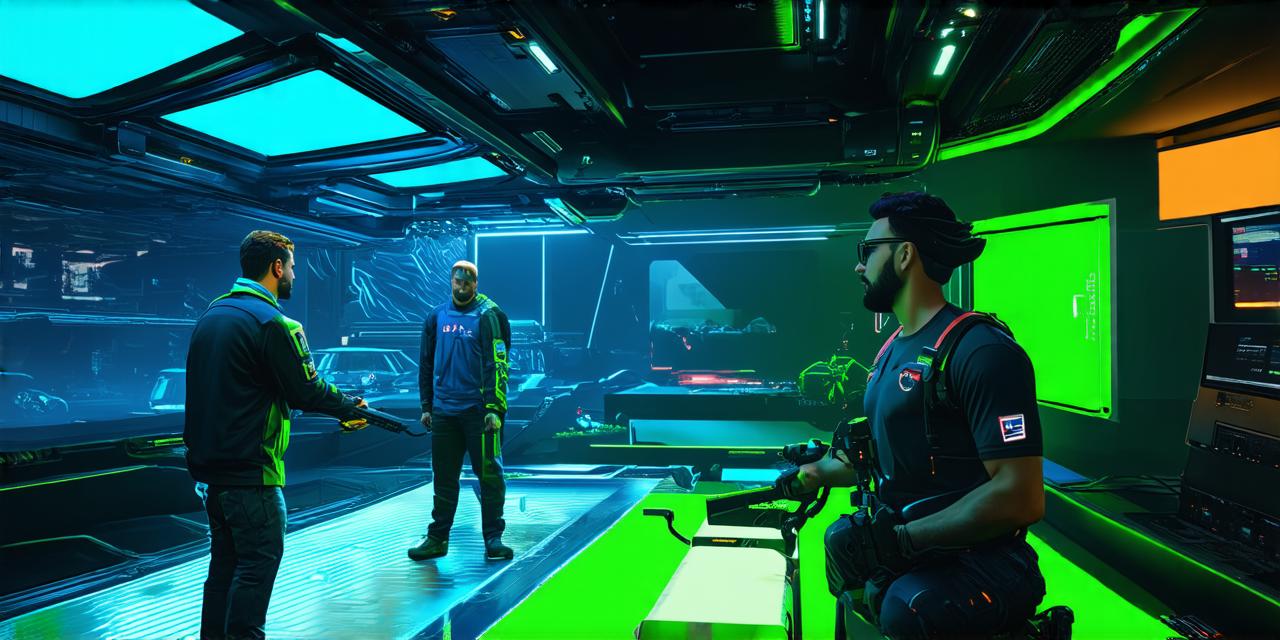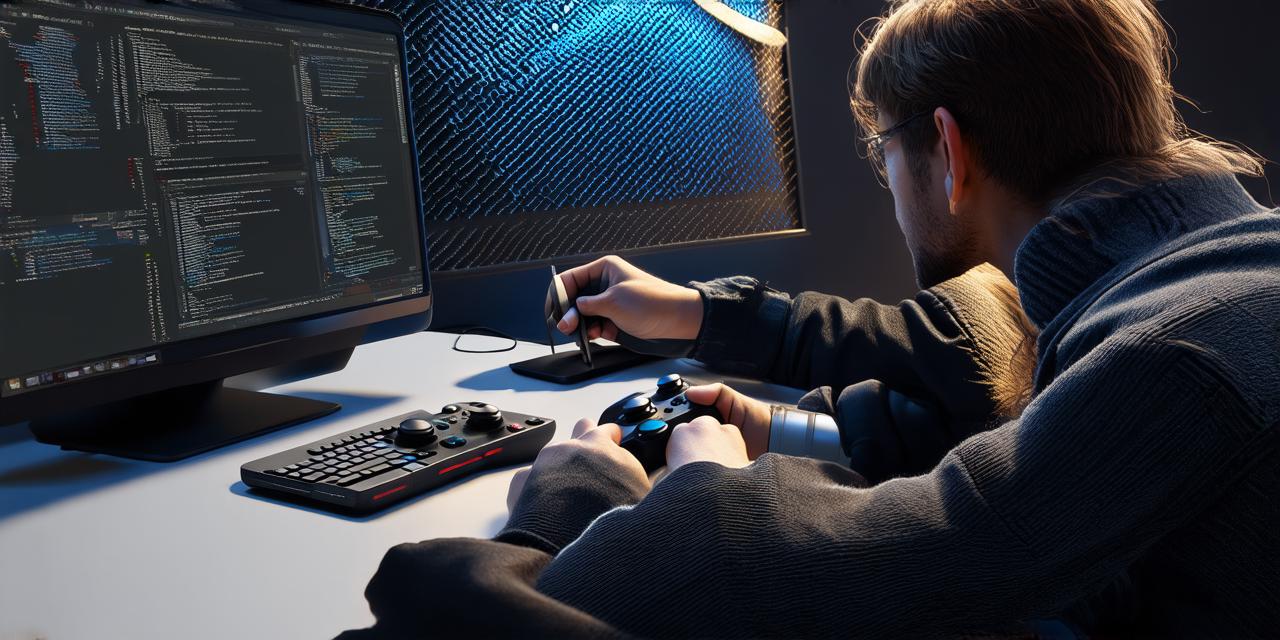Creating engaging Python games with expert development techniques
Are you a game developer who wants to create engaging games using Python? Look no further! In this guide, we’ll explore expert development techniques that will help you create high-quality games that keep your players engaged and coming back for more.
Firstly, let’s start with the basics: what is Python? Python is a high-level programming language that is widely used in game development due to its simplicity and versatility. It has a vast library of modules and frameworks that can be used to create 2D and 3D games for various platforms, including Windows, Mac, Linux, and mobile devices.
1. Use a game engine
One of the most effective ways to create engaging games with Python is by using a game engine. A game engine is a software framework that provides all the tools and functionality needed to develop games. Some popular Python-based game engines include Pygame, PyOpenGL, and Kivy.
2. Optimize your code for performance
When developing games, it’s essential to optimize your code for performance. This means using efficient data structures, minimizing the use of loops, and avoiding unnecessary calculations. You can also use profiling tools to identify performance bottlenecks in your code and optimize them accordingly.
3. Create an immersive environment
To create engaging games, it’s important to create an immersive environment that draws players in and keeps them engaged. This means using high-quality graphics, creating realistic sound effects, and incorporating interactive elements into your game. You can also use techniques such as level design and storytelling to create a more immersive experience for your players.
4. Use AI and machine learning
Another effective way to create engaging games with Python is by using AI and machine learning. These technologies can be used to create intelligent enemies, non-player characters (NPCs), and other interactive elements in your game. You can also use machine learning algorithms to analyze player behavior and adjust the difficulty level of your game in real-time.
5. Test and iterate
Finally, it’s important to test and iterate on your game as you develop it. This means testing your game on various platforms and devices, gathering feedback from players, and making changes based on that feedback. You can also use tools such as analytics to track player behavior and identify areas for improvement in your game.
Real-life examples
Now let’s look at some real-life examples of games created with Python:
1. Pygame Example:
python
import pygame
import random
Initialize Pygame
pygame.init()
Set up the screen
screen_width = 800
screen_height = 600
screen = pygame.display.set_mode((screen_width, screen_height))
pygame.display.set_caption("Platformer Game")
Load the player sprite and enemies
player_sprite = pygame.image.load("player.png")
enemy_sprite = pygame.image.load("enemy.png")
Set up the game loop
running = True
while running:
Handle events
for event in pygame.event.get():
if event.type == pygame.QUIT:
running = False
# Update player position
keys = pygame.key.get_pressed()
if keys[pygame.K_UP]:
player_y -= 10
if keys[pygame.K_DOWN]:
player_y += 10
# Draw the game objects
screen.blit(player_sprite, (player_x, player_y))
screen.blit(enemy_sprite, (random.randint(0, screen_width), random.randint(0, screen_height)))
# Update the screen
pygame.display.update()Quit Pygame
pygame.quit()
2. Kivy Example:
python
from kivy.app import App
from kivy.uix.screenmanager import ScreenManager, Screen
from kivy.properties import NumericProperty
from kivy.clock import Clock
Set up the screen manager
sm = ScreenManager()
Create the game screens
class MainScreen(Screen):
pass
class GameScreen(Screen):
center = NumericProperty((0, 0))
def update(self, dt):
Move the player forward
self.center += (0, -1)
# Rotate the player
self.center += (np.radians(1), 0)Add the game screens to the screen manager
sm.add_widget(MainScreen(name="main"))
sm.add_widget(GameScreen(name="game"))
Start the app
if name == "main":
Clock.schedule_interval(sm.update, 1/60)
sm.run()
FAQs
Now that you’ve learned about creating engaging games with Python let’s answer some frequently asked questions:
Q: What are the benefits of using a game engine?
A: Game engines provide pre-built modules and libraries that can be used to create complex graphics, animations, and interactions with minimal code. They also optimize your code for performance and provide a set of tools for testing and debugging your game.
Q: How do I optimize my code for performance?
A: To optimize your code for performance, you can use efficient data structures, minimize the use of loops, and avoid unnecessary calculations. You can also use profiling tools to identify performance bottlenecks in your code and optimize them accordingly.
Q: What are some popular Python-based game engines?
A: Some popular Python-based game engines include Pygame, PyOpenGL, and Kivy.
Q: Conclusion
In conclusion, creating engaging games with Python is achievable by using expert development techniques such as using game engines, optimizing your code for performance, creating an immersive environment, and testing and debugging your game. With the right tools and knowledge, you can create a fun and interactive game that will keep players engaged for hours.


